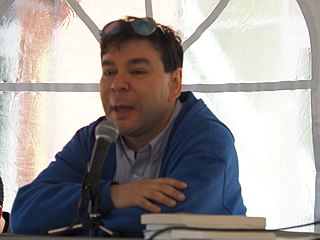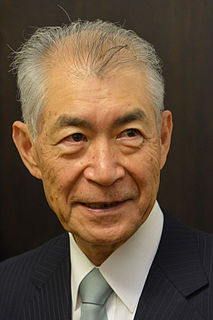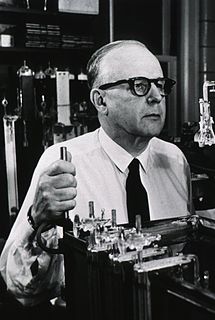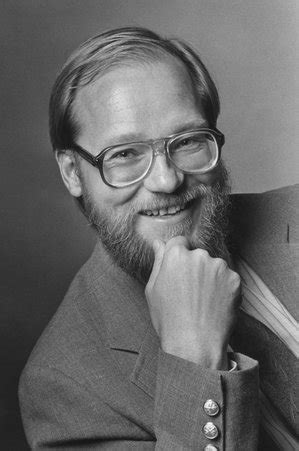A Quote by Jacob M. Appel
I suspect that the vast majority of people, not knowing in advance whether they will either end up in a permanently vegetative state or be diagnosed with cancer, would prefer that any resources that would be spent on PVS care be reallocated to cancer research - or some similar enterprise that has the potential to help human beings who might actually recover.
Quote Topics
Actually
Advance
Any
Beings
Cancer
Cancer Research
Care
Diagnosed
Either
End
Enterprise
Help
Human
Human Being
Human Beings
Knowing
Majority
Might
Not Knowing
People
Permanently
Potential
Prefer
Recover
Research
Resources
Similar
Some
Spent
State
Suspect
Up
Vast
Vast Majority
Whether
Will
Would
Would Be
Related Quotes
Money spent on vegetative patients is money not spent on preventive care, such as flu shots and mammograms. Each night in an ICU bed for such patients is a night that another patient with a genuine prognosis for recovery is denied such high-end care. Every dollar exhausted on patients who will never wake up again is a dollar not devoted to finding a cure for cancer.
In 1995, I was diagnosed with cancer, and I had to practice what I preached. I had always said to 'believe in God' and 'don't give up' to little kids who had been diagnosed with cancer. I then thought if I can't call on that same God and same strength that I told people about, I would be a liar and a phony.
Some might complain that nuclear disarmament is little more than a dream. But that ignores the very tangible benefits disarmament would bring for all humankind. Its success would strengthen international peace and security. It would free up vast and much-needed resources for social and economic development. It would advance the rule of law.
More than 40 years after the war on cancer was declared by President Richard Nixon in 1971, we are not much closer to preventing the disease. The National Cancer Institute has spent some $90 billion on research and treatment during that time. When have Americans ever waged such a long, drawn-out and costly war, with no end in sight?
Despite the fact that one in every two men and one in every three women will be diagnosed with cancer in their lifetime, no one ever expects it to happen to them. I surely didn't. I was an otherwise healthy 37-year-old when I was diagnosed in 1996 with multiple myeloma, the same rare cancer Tom Brokaw has.
We say that one gets cancer, or a cold, or kidney disease. One would
never think to say that one is cancer. But we say that one is depressed,
or bipolar, or schizophrenic. A disease of the body is a condition. But
a disease of the mind, we think, is a state of being. We no longer
believe, as we did 250 years ago, that the mentally ill are animals,
but we are not yet ready to grant that they are fully human either.
A vast majority of the geographical area of the country would have been ignored during the campaign, and so the results would have been different. Who's to say Donald Trump would not have done better in California if he'd spent some time out there? And who's to say that Hillary Clinton would have done worse if she'd spent some time out there and actually had been seen by people in California like she was seen elsewhere as having questionable stamina.

































